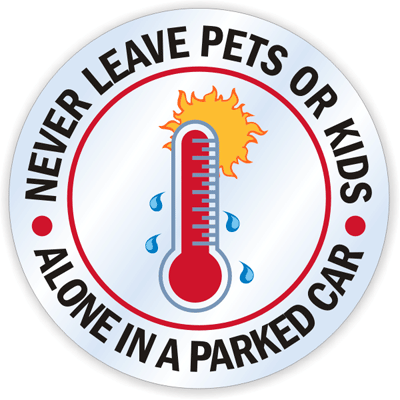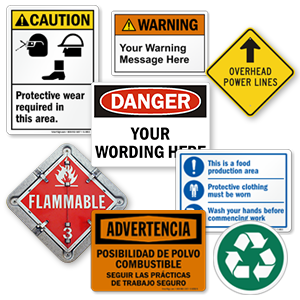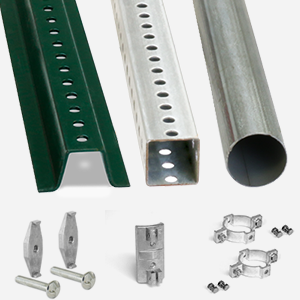New device senses and protects children left in hot cars
Three undergraduate engineering students from Johns Hopkins University may have finally found a reliable solution to the problem of parents inadvertently leaving their children in hot cars. The young inventors – Anshul Mehra, Yejin Kim, and Jeffrey Kamei – tweaked technology from a Kinect motion-sensing device (normally used with the Xbox 360 game console) and came up with a new system that “sees” children left in locked cars, and summons for help.

The device even captures subtle movements of a sleeping child. (image by MIKI Yoshihito).
The invention borrows infrared technology used in game consoles: an infrared camera and a projector sense the movements of a game player, and match those movements on the video screen. In this case, the advantage of using infrared technology is that it does not penetrate the vehicle’s glass windows; the only motion detected is from inside the vehicle.
The device was created to address the increasing number of deaths among children in hot cars – highlighted in a NHTSA report. The report also mentioned the inconsistencies and unreliability of several existing devices sold to parents to alert them about a baby’s temperature in the car.
The project was a part of a mechanical engineering design course offered by the university.
“At first it was just a cool idea, and then it evolved,” says Kamei, who is from Downey, California. “I think it definitely has a lot of potential.”
The device is being further tested before it can be used commercially.
Parents often leave children in cars
Despite warnings from law enforcement officials and welfare groups, parents continue to leave kids in cars. Oftentimes it is unintentional, and sometimes it is done on purpose.
For example, the father of a 9-month-old girl has been charged with child abandonment after he left his daughter alone in a hot car in Oakville, west of Toronto, earlier this month. An in-store announcement about the child drew the father back to the vehicle, where a group of angry people “berated” him.
A woman in San Antonio was arrested after leaving her five children inside a hot car outside an H-E-B store. A passerby reported the incident to officials who then spoke to the woman when she returned to her car.
MySA reports, “On Saturday, a three-year-old boy died in Palmetto, Fla., after he was left inside a hot car while his parents attended a funeral.”
Why leaving kids in cars can be lethal

Signage like this can be posted in parking lots, on store windows or cars as reminders for unmindful parents. Image by SmartSign.
The temperature of a parked vehicle can rise in minutes, leading to heatstroke, dehydration, and death. Dr. Michael McKenna, a pediatric hospitalist at Riley Hospital for children at IU health,says, “It’s extremely dangerous to leave a child in a hot car for any amount of time”. The inside of a closed car can quickly exceed 100 degrees and cracking a window does not help keep the inside cool. McKenna says that a child can’t regulate his or her core temperature in such cases, and the child can quickly lose consciousness. The internal organs start to shut down and death can occur.
According to statistics from the Department of Geosciences, San Francisco State University, 20 children have died of hypothermia in hot vehicles in 2013, and 33 children died in 2012. These children were either left in, or had gained access to, hot cars, trucks, vans or SUV’s.
The study shows that these incidents can occur on days with relatively mild temperatures like 21 degrees Celsius; vehicles can reach life-threatening temperatures rapidly.
Police say a child left alone in a vehicle in the heat is a potential medical emergency and urge anyone who sees such a child to call 911 immediately. The warning is particularly important in the months of June and July, with the humidity and heat rising to dangerous levels in the summer months.













